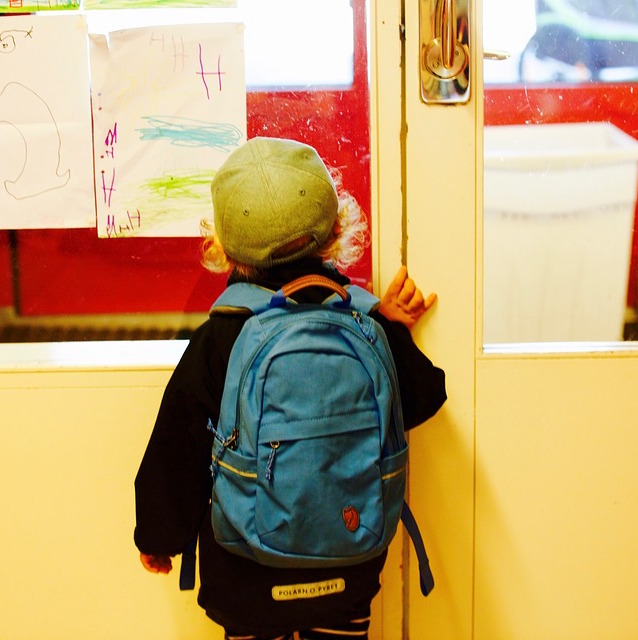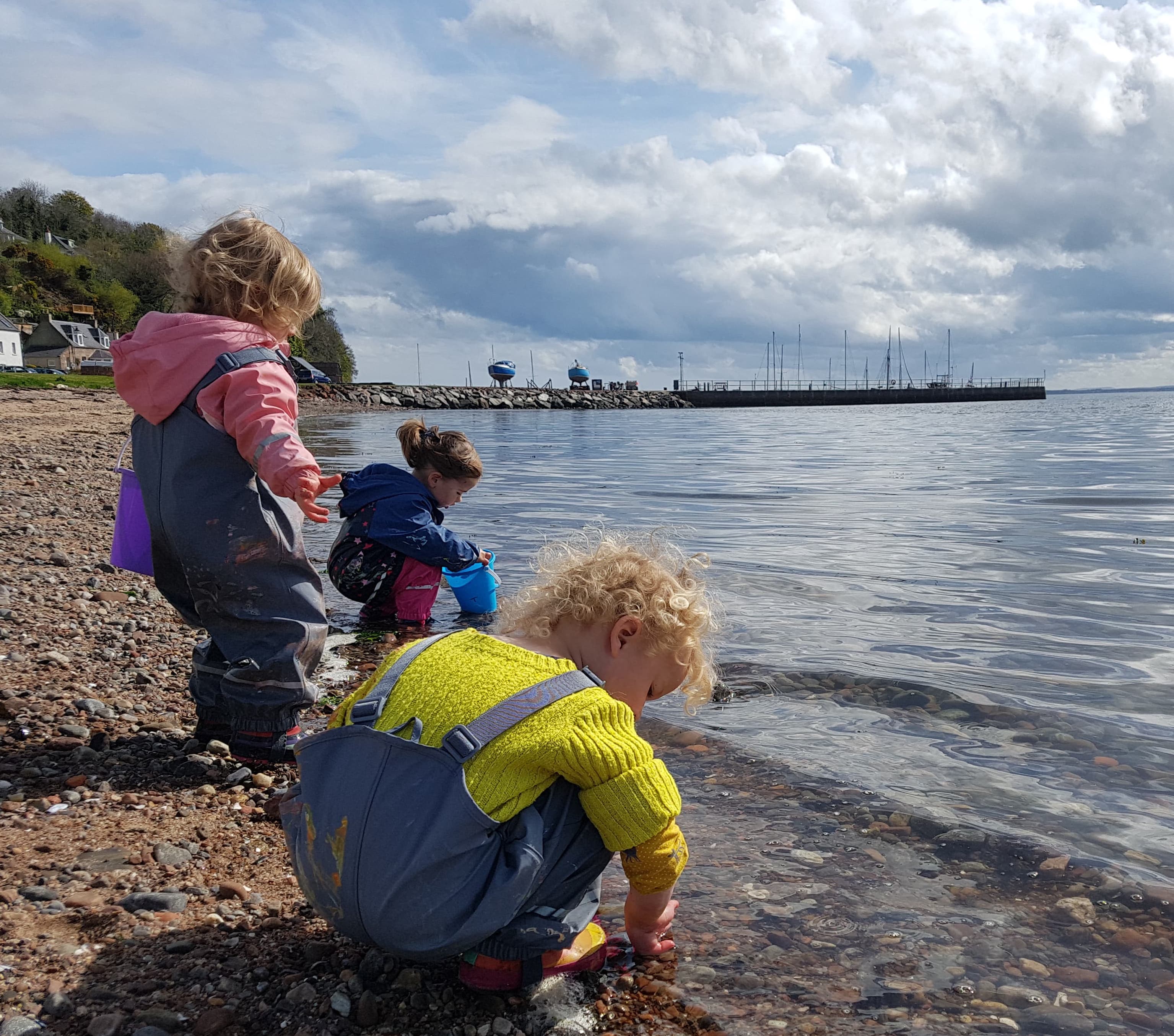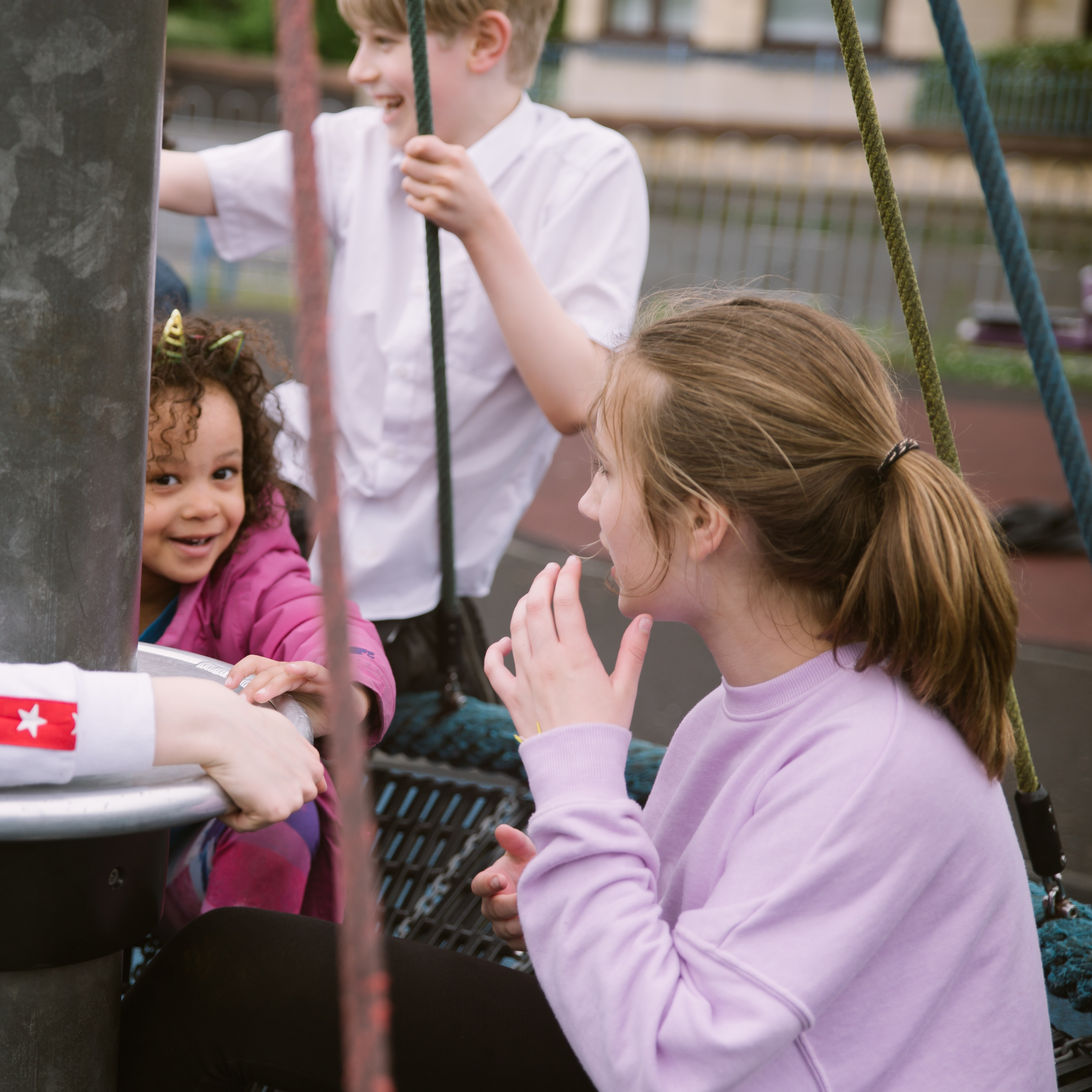I felt so… short-sighted? Putting the phone down after speaking to the nursery about fees, my sums for going back to work after a year of maternity leave didn’t add up. Three days a week for a private nursery place was going to cost more, much more, than I’d anticipated. I’d just – gratefully - arranged to lose 40% of my income to go back to my job part-time instead of full-time. But the nursery bill took my breath away.
I mentally kicked myself. I should have saved more. I should have saved before I got pregnant. I should have been saving for years. Putting the phone down I realised there would be no way of keeping my career where it was at because the childcare I needed to do so would cost more than the mortgage.
And then there were two.
Juggling childcare and career
I had my kids in 2014 and 2016 so the Scottish Government Early Learning and Childcare (ELC) policy helped me in a rolling way. The introduction of 600 hours of paid for early learning and childcare eventually took a chunk out of the nursery bill for small person #1. Then small person #2 got the full benefit of a funded 1,140 hours of ELC. The nursery attached to our primary school expanded to fit the policy change, and the quality of care there was far higher than the private nursery.
The downside was the school hours and the term-time holidays. My ever amazing mum stepped into the breach when I went back to work full-time, with some hours from the private nursery awkwardly tacked onto the sides and frantic drives between them in lunch hours and after work.
Connecting the dots
But the Scottish Government has now, thankfully, realised two important and connected things. Firstly, that women go to work. Secondly, that children exist before the age of three. This has been captured in the new Best Start Plan (click to access), which aims to "build a system of school age childcare and an early learning and childcare offer for one- and two-year-olds, starting with those who need it most".
I read an awful lot of policy papers, so I don't say this lightly - there are some truly wonderful things in this sensible document.
The Plan proposes developing a new offer for one- and two-year-olds rooted in expanding access to funded childcare for more of the child poverty priority families over the course of this Parliament. The woeful availability or affordability of wraparound school-aged childcare is in scope as well, starting by identifying and supporting targeted early adopter communities across Scotland where good school age childcare can be modelled for other areas.
Critically, there is recognition in the Plan that women work. It notes: "For parents and carers, international research suggests that affordable and flexible ELC can improve standards of living and address child poverty through reducing pressures on family income and enabling parents and carers, particularly women, to participate in work, education or training.”
There is an affirmation that childcare is a vital element of Scotland's economic infrastructure, that ELC enables parents and carers to work and increase their working hours, and that ELC provision can help to address gender inequality in pay. All of this is also part of the Scottish policy-land dictionary acronym of 2022, NSET - the National Strategy for Economic Transformation.
For the first time, this connection is a real thing.
Changing focus to better support working mothers
A few years ago I challenged a Scottish Government minister on the 1,140 hours policy, asking why parents weren't just given the money from that Fund to spend on childcare they needed when children were ages 0-5 so that going back to work after maternity leave wasn't so financially tough. It could give women the chance to keep their careers at the level they were at by spreading state-backed spend as they needed to. There was a firm shake of the head. "This policy is nothing to do with working women. It's about attainment. Career choices don't come in to it." I think my jaw hung open all the way home. Where did the Scottish Government think I was when I needed childcare for my children? After maternity leave you are skint, heading back to work and hit with a massive nursery bill. A bit of bridging from the state would go a long way to support Scotland's productivity.
I hope this new Plan could change - at the very least - the visibility of work and childcare as connected parts.
When my small people have kids, when I am a Gran, I hope that childcare is available and affordable enough for women to thrive in their careers. I hope that the professionals (mainly women) working in childcare are paid a decent wage which rewards the hard, hard work of nurturing the babies and toddlers of strangers. I hope that school buildings and playgrounds are open at weekends and holidays, and don't just exist as resources behind locked gates during term-time. I hope kids can go somewhere warm and fun and nice before and after school, at a bearable cost, so that families can have the best chance of employment. I hope Scotland gets so much better at this. With this new document, I feel like it could finally become reality.
Jenifer Johnston works in communications and public affairs. She is on Twitter @TheLastGoodGirl.







